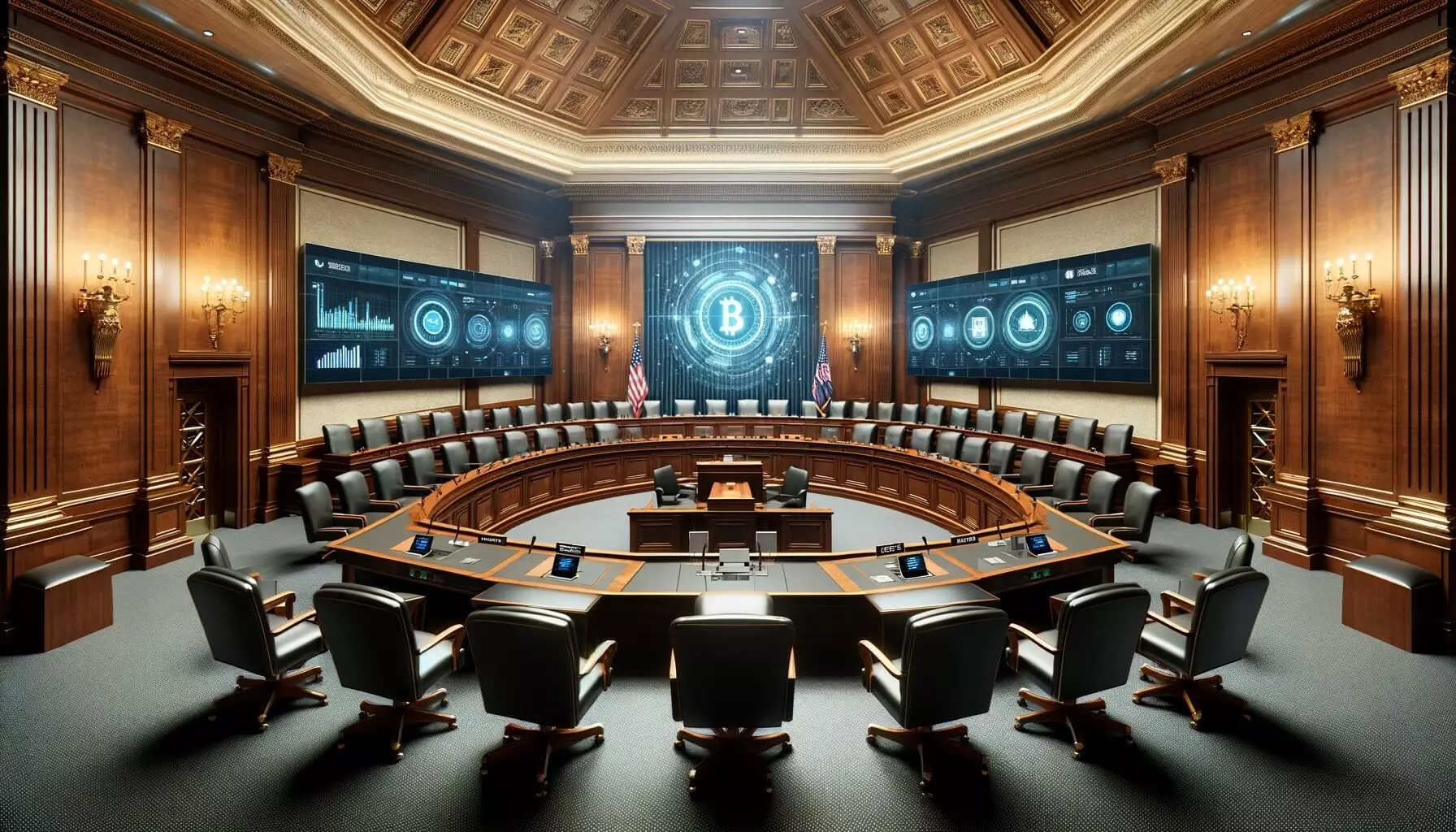The US House of Representatives recently fell short of the required votes to override President Joe Biden’s veto and rescind SEC Staff Accounting Bulletin (SAB) 121. In a tight vote on July 11, 228 House members supported HJ Res. 109 to end SAB 121, while 184 voted against the resolution, and 21 abstained. Although the majority of House members were in favor of overturning SAB 121, the vote count did not meet the two-thirds threshold needed to overcome a presidential veto.
According to Fox Business reporter Eleanor Terrett, several Democrats altered their positions since a previous vote in May. Dean Phillips (D-MN), Mikie Sherrill (D-NJ), and Marc Veasey (D-TX) changed their votes to oppose the end of SAB 121. Conversely, Jonathan Jackson (D-IL), Ro Khanna (D-CA), Tom Suozzi (D-NY), and Shri Thanedar (D-MI) switched their votes to support rescinding SAB 121. Additionally, Republican Drew Ferguson (R-GA) revised his vote from no to yes. The Senate had previously voted 60 to 38 in favor of the resolution, with two abstentions.
Statements and Criticisms
Representative Mike Flood, the original proponent of the resolution, expressed disappointment in the failed vote. He emphasized his commitment to exploring alternative paths to terminate SAB 121 to facilitate the growth of the digital financial sector. Flood criticized SAB 121 as a detrimental regulation that obstructs banks from engaging in digital asset custody. House Financial Services Committee Chairman Patrick McHenry condemned Biden’s veto, accusing the administration of prioritizing political maneuvering over the interests of the American public.
The Blockchain Association announced its intention to combat the SEC rule and is considering avenues within Congress and the legal system to eliminate SAB 121’s restrictions. The American Banking Association echoed concerns, asserting that the regulation forces banks to hold customer crypto on their balance sheets, hindering their ability to offer digital asset custody on a large scale. The organization also highlighted the limitations it imposes on bank adoption of Bitcoin ETFs and tokenization, expressing support for overturning SAB 121.
The recent House vote serves as a setback for efforts to rescind SEC Staff Accounting Bulletin 121. The division among lawmakers, coupled with the persistence of key advocates in the financial sector, indicates that the debate over regulating digital assets and bank custody policies is far from over. It remains to be seen how further actions in Congress and the industry will shape the future of SAB 121 and its implications for the evolving landscape of digital finance.

